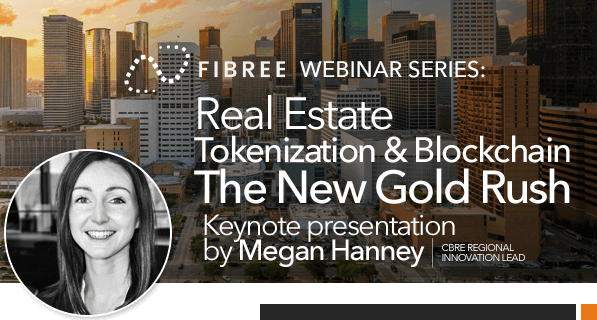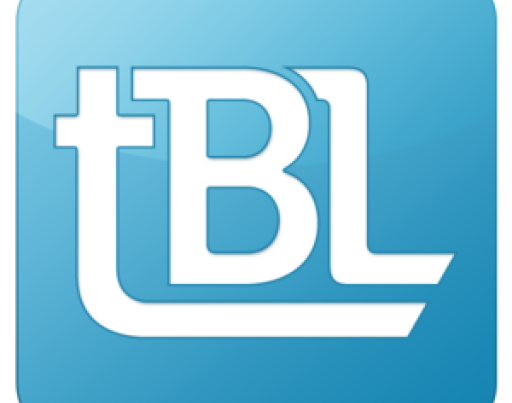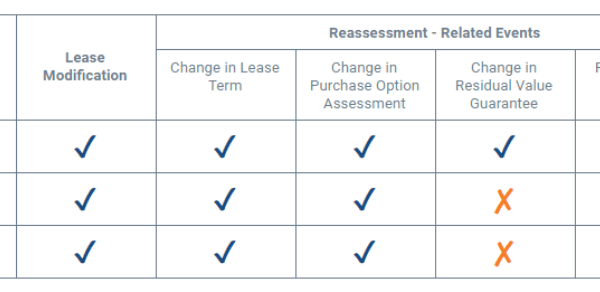This post originally appeared on tBL Marketplace Partner’s, RealNex blog RealNex Media Center Blog and is republished with permission. Find out how to syndicate your content with theBrokerList.
RealNex, in conjunction with the Houston Blockchain Alliance, was pleased to host the FIBREE webinar on March 26, 2021 entitled “Real Estate Tokenization and Blockchain – The New Goldrush?” The session featured UK-based keynote speaker Megan Hanney, CBRE Regional Innovation Lead. Megan was joined by special guests FIBREE co-founder/Board member Jo Bronckers and CEO/co-founder of Blocksquare Denis Petrovic. FIBREE Houston Chapter co-chairs Mark Kingston, RealNex Executive Chairman and Sachin Kapoor, CBRE Director – Projects and Business Analytics co-hosted the session along with Mahesh Sashital founder of the Houston Blockchain Alliance.
FIBREE is the Foundation for International Blockchain and Real Estate Expertise. With 125 regional-chairs operating out of 70 regions globally FIBREE is the leader in bringing together expertise and fostering blockchain implementation in the real estate industry. They host thought leadership panels regularly and produce authoritative industry reports. Please click the link to learn more.
Mark Kingston kicked off the session bringing the topic into focus noting the “Dramatic potential of tokenization via Blockchain to transform the industry.”
Citing her experience at Oxford and study with a consortia of industry thought leaders including FIBREE, CBRE, E&Y and Bryan Cave Leighton Paisner, among others, Megan Hanney then took the audience on a concise and practical deep dive into how this transformation may occur.
Megan provided a history of Blockchain including its origin and purpose. Built by Satoshi Nakamoto, Blockchain was created in response to the Global Financial Crisis as a means to obviate fiat currency with a distributed ledger system to assure trust. Its first product Bitcoin, a cryptocurrency, enabled the platform to be used as an electronic payment system. But blockchain is more than a platform for cryptocurrency or electronic payments. While this is a fantastic first use case, Blockchain can be deployed to build trust by assuring the integrity, veracity and security of any data. Through its decentralized model, Blockchain removes friction from markets allowing for the free flow of data from its source thereby reducing costs and driving market liquidity. Further the unique distributed and encrypted model makes it virtually tamper proof.
Key benefits of Blockchain:
- Privacy
- Trust
- Increased Security
- Greater Transparency
- Increased Efficiency
- High Liquidity
- Cost Savings
With these attributes Blockchain is being rapidly deployed across all industries from Financial Services, Distribution, Manufacturing, Services, Infrastructure and Public Sector. While all pursuits are in their infancy Financial Services is the lead investor in Blockchain initiatives by far.
The complex, opaque, capital-intensive world of real estate is ripe for disruption by Blockchain. Core use cases include:
- Data Storage e.g. valuations, comps, land registry
- Smart Contracts to manage transactions, automate payments and transfer of rights, and
- Tokenization to enable capital to be parsed and efficiently traded.
When looking at the opportunities to increase liquidity and thereby reduce risk and increase returns the study evaluated opportunities for Tokenization of Assets, Debt and Funds. The findings were that in the short-term physical assets would be most difficult to tokenize without digitalized land titles and, most often, a change in property law. A slightly bigger opportunity was identified with debt as it’s easier to develop a tokenized security in the form of a real estate company and contractual structures controlling debt investments are already reasonably standardized by banks. However, funds were described as the most natural application of tokenization because funds already hold fractional interests, the investor base is already fractionalized and legal entitlements have already been established.
Wrapping up Megan noted, while currently just in its infancy Blockchain is certain to transform the digital exchange of information, whether enabling an automated valuation, lease contract or rapid portfolio diversification. According to Mckinsey, even in 2021 Blockchain is projected to save £39 billion, while by 2022, 25% of Global Business will be using Smart Contracts. Looking further down the road, UBS predicts that by 2027 Blockchain will add £233 – £310 in economic value annually.
To help advance Blockchain initiatives in the Real Estate Sector, Denis Petrovic concluded the session by announcing a Global Blockchain Competition – The Fibree Tokenization Challenge 2021. The challenge is to tokenize a single asset between April 5 and Jun 15. The first three teams to complete the challenge will win €50,000 in license and services from Blocksquare.
While out of time for a live Q&A, questions were taken and responses can be found below.
Q. Couldn’t the objections to tokenization of single assets be resolved by focusing upon NNN assets where the responsibility of repairs, maintenance, expenses fall upon the tenant?
A. There are definitely ways to overcome the barriers to tokenizing single assets, each will be specific to the given circumstances and many companies have already achieved this, for example Meridio (https://www.youtube.com/watch?v=SmoIt44EcSQ).
The bigger issue is tackling the broad run of complexities across the commercial asset class as a whole and across different jurisdictions.
Q. Can we get copies of some of the reports and papers that were discussed, especially those mentioned by Ms. Hanney, including the original 8-page report that about the invention of blockchain?
A.
Deloitte, Blockchain in Commercial Real Estate: https://www2.deloitte.com/content/dam/Deloitte/us/Documents/financial-services/us-dcfs-blockchain-in-cre-the-future-is-here.pdf
Satoshi Nakamoto: https://bitcoin.org/bitcoin.pdf
Tokenization (Oxford, FIBREE, CBRE etc): https://www.sbs.ox.ac.uk/sites/default/files/2020-01/tokenisation.pdf
Q. What companies are currently working on bringing blockchain to real estate?
A. Here is an example list of 17 companies: https://builtin.com/blockchain/blockchain-real-estate-companies
Q. Relating to CRE – you’ll need to standardize many things that are easier in residential than in commercial. You’re going to unite the industry around standards and that has proven extremely difficult in the past.
A. Absolutely, transacting commercial property on the blockchain is far more complex than transacting residential property, hence there has been much more progress on the residential side than commercial. Industry standards and regulations do need to adapt which is why we think certain use cases are closer in terms of adoption than other use cases. E.g. tokenizing office blocks as an industry norm is further away than using smart contracts for lease agreements as an industry norm.
Q. Why CRE data keepers like CoStar or large brokers not trying to monetize it?
A. It will likely be a race to innovate; you can see some platforms such as RightMove are trialing ways to integrate blockchain technology: https://www.rightmove.co.uk/news/articles/property-news/rightmove-trials-option-to-buy-commercial-property-online/
Q. Could we create our own private in-house blockchain?
A. Yes, but it is widely argued that the value of blockchain within commercial real estate is derived from a permissioned structure rather than private as there are cheaper alternative technologies which can achieve the same objectives with a private blockchain.
Q. Would the technology allow investors to buy tokens corresponding to a certain stake in a real estate that has been tokenized
A. Yes
Q. Can you give us an example regarding how we might use blockchain in Real Estate – for instance in attracting investors?
A. You could use blockchain technology as a ledger for gathering ESG data (a permissioned structure allowing data feeds from energy / waste management providers, agents, cost consultants etc.) which would allow investors visibility over performance of the asset and affected value in light of net zero / sustainability capabilities; this decreases the risk of investors walking away from a commercial transaction if this data is unavailable (which is happening more often now) as blockchain would provide real time data analysis to enhance the transactional process.
The recording of the session can be found here. We hope you enjoy and look forward to your comments and perspective.
![]()



